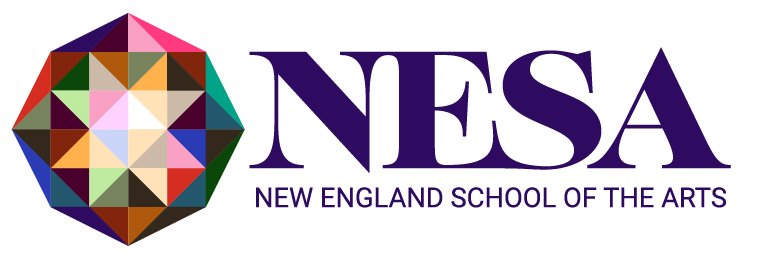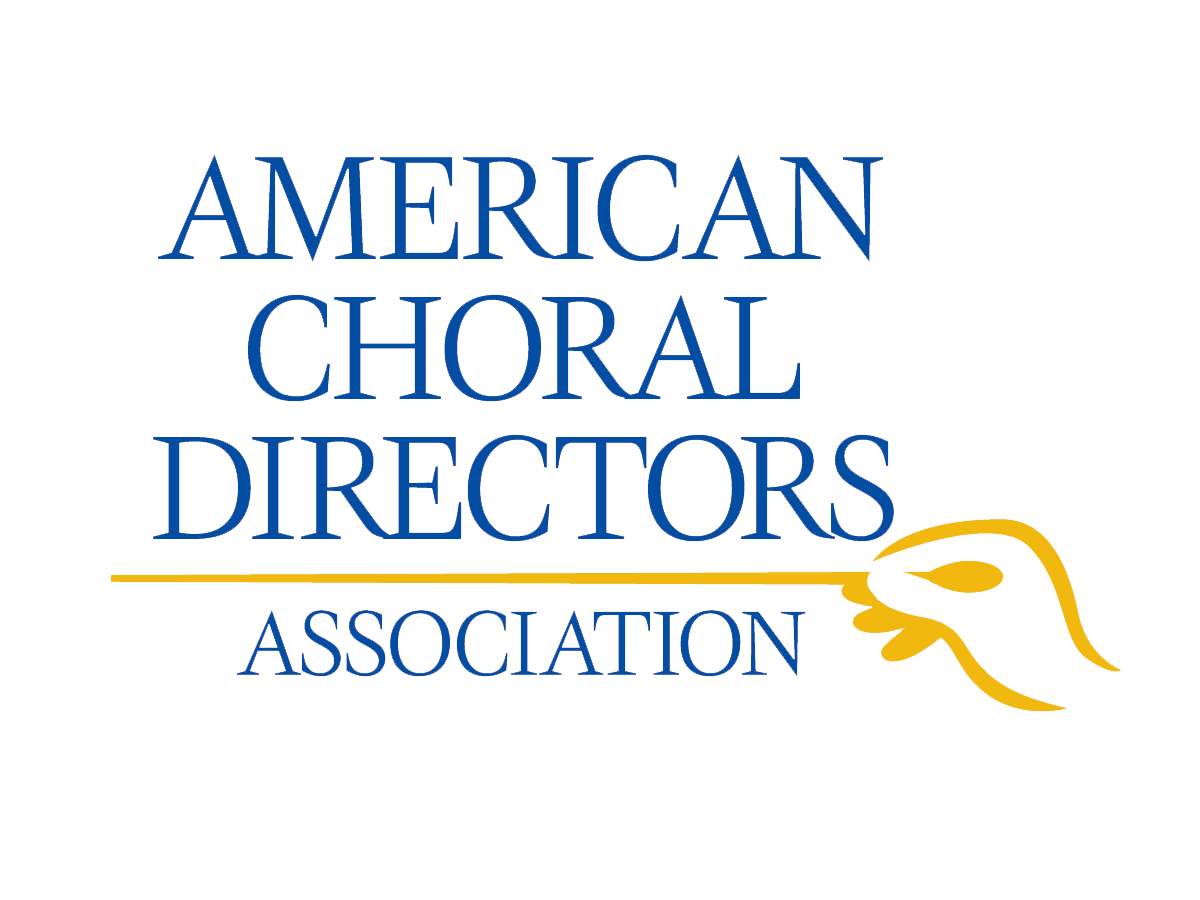
MISSION, VISION + HISTORY
Mission
To develop informed, inquiring minds that engage the world as compassionate, critical thinkers and artists.
Vision
To inspire students through the arts and education.
History
Since 2008, New England School of the Arts (NESA) founders Jennifer and Carl Chambers have assumed active leadership roles in the Northern New England arts and education communities. Joined by other area parents of children with a keen interest in the performing and visual arts, they searched for an opportunity to provide their children with a challenging and nurturing college preparatory experience integrated with a diverse and meaningful arts focus. They found there was no such educational offering within a 60-mile radius of Dartmouth College.
Backed by enthusiastic support from Northern New England’s richly diverse arts community, the Chambers decided to establish a collaborative, inclusive, independent, non-profit high school in downtown Lebanon, New Hampshire. The administration and faculty are committed professionals in their fields of expertise, eager to help students develop the skills needed to succeed in a collegiate or professional arts environment. The school, approved by the City of Lebanon and the New Hampshire Department of Education, is centrally located at 9 Hanover Street, off the Lebanon Mall. The downtown city campus, bordered by the city’s central green, offers rich collaborative learning experiences through NESA’s Community Partnerships with area arts organizations. Students can experience dance at Lebanon Ballet School; visual arts at the AVA Gallery and Arts Center; performances and stage craft at the Lebanon Opera House; STEM-oriented learning at River Valley Community College, and physical education at the Carter Community Building Association (CCBA).
In the face of a national educational system that allocates the arts to last place in importance, New England School of the Arts will enthusiastically embrace an emphasis on performing and visual arts education for the positive difference it will make for each student’s personal growth, for a healthy school culture and for the expansion of a collaborative community.
“Research demonstrates that arts-centered initiatives can improve school climate and culture and connect schools to families and communities. For instance, schools with extensive arts education opportunities have students think more positively about and engage in classroom activities, have better student and teacher attendance, and maintain teacher satisfaction with and engagement in their work. In addition, arts education participation encourages parental and community engagement through attendance at school performances, community events and programs, and opportunities for volunteering.”
ArtsEdSearch.org | School Climate and Culture





